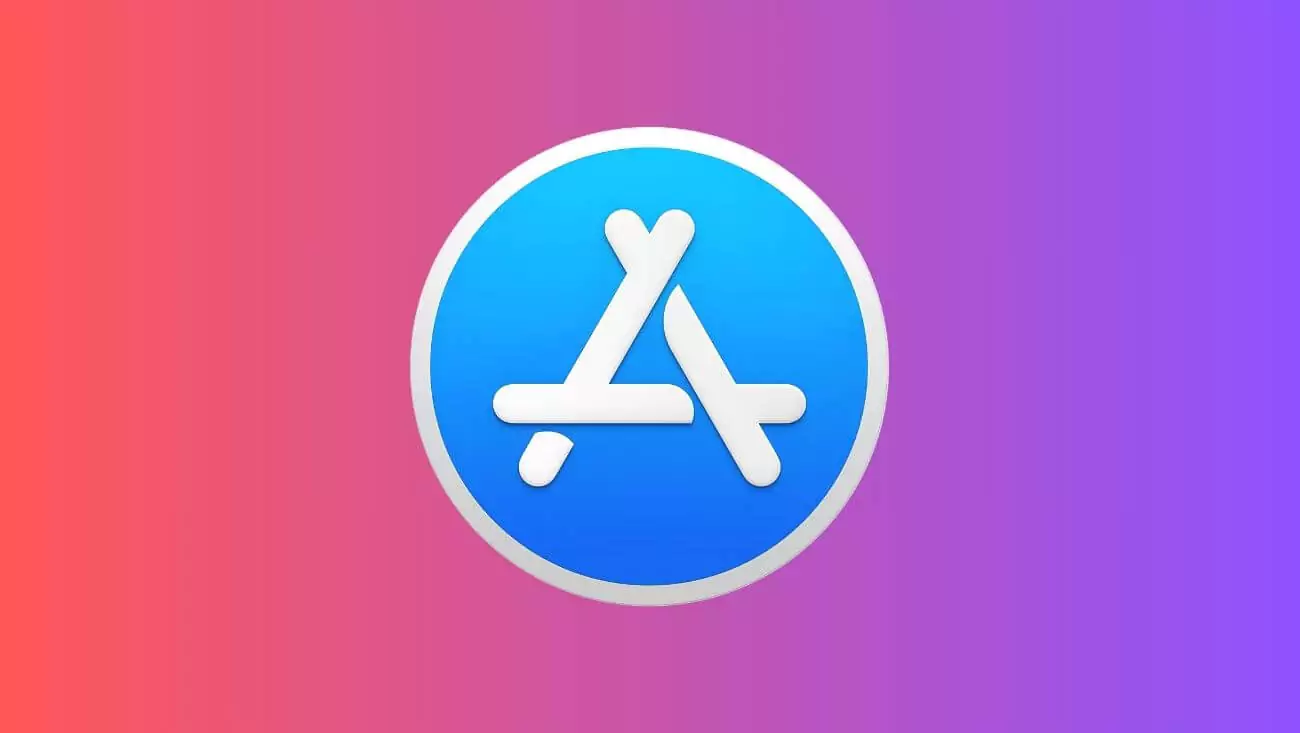A recently introduced U.S. bill, the App Store Freedom Act, could require Apple to allow third-party app stores on iPhones, challenging the company’s long-standing control over its ecosystem. Florida Representative Kat Cammack proposed the legislation on May 6, 2025, targeting major app store operators with over 100 million U.S. users to foster competition and expand consumer options in the mobile app space. This development could redefine Apple’s business model while sparking debates over security and innovation in the digital app landscape.
As outlined in a press release, the App Store Freedom Act mandates that companies like Apple and Google permit users to install third-party app stores and set them as defaults. The bill also requires these companies to allow developers to use third-party payment systems, provide equal access to development tools, and enable users to remove or hide pre-installed apps—features Apple has partially implemented in response to prior legal pressures. Non-compliance could lead to Federal Trade Commission penalties, including fines of up to $1 million per violation. The legislation draws inspiration from the European Union’s Digital Markets Act (DMA), which has already compelled Apple to permit alternative app stores in the EU, despite facing regulatory hurdles.
If the bill passes, it could significantly alter Apple’s ecosystem, often criticized for its restrictive “walled garden” approach. Third-party app stores would enable developers to avoid Apple’s 30% commission on in-app purchases, a contentious issue in lawsuits like Epic Games v. Apple. This could spur innovation by giving developers more freedom, but Apple has warned that relaxing its App Store rules could expose users to malware and fraud, a concern the company has long cited to justify its strict guidelines. Google, which already allows sideloading and alternative app stores on Android, would face less disruption but would still need to comply with provisions on third-party payments and development tools, potentially leveling the playing field in the app market.
The App Store Freedom Act has gained traction among members of the Coalition for App Fairness, including Epic Games, Spotify, and Match, who have long challenged Apple’s App Store policies. However, its path to becoming law remains uncertain, as it must navigate a complex legislative process, and Apple has a history of lobbying against similar measures, even influencing U.S. policy to resist EU fines under the DMA. Apple is also under scrutiny from a U.S. Department of Justice antitrust lawsuit, which could amplify pressure on its business practices. In recent years, Apple has made concessions, such as allowing developers to link to external payment systems, but this bill could force more substantial changes to its digital framework.
For iPhone users, the bill promises greater flexibility, potentially lowering app costs if developers pass on savings from avoiding Apple’s fees. However, it also introduces risks, as third-party app stores may not match the App Store’s security standards, increasing the likelihood of encountering malicious apps. Developers could benefit from reduced costs and more distribution options, though managing multiple app stores and payment systems may present new challenges. The bill’s outcome could influence global app store regulations, as governments worldwide grapple with balancing competition and consumer protection in the tech sector.
The App Store Freedom Act’s journey through Congress will be closely monitored by users, developers, and regulators, as it could mark a turning point in how tech giants operate their ecosystems. The tension between fostering competition and ensuring user safety remains a key issue, and this legislation could set a precedent for future tech regulations. What are your thoughts on the potential for third-party app stores on iPhones, and how might this change your app experience? Share your perspective in the comments—we’d love to hear your insights on this pivotal proposal.







